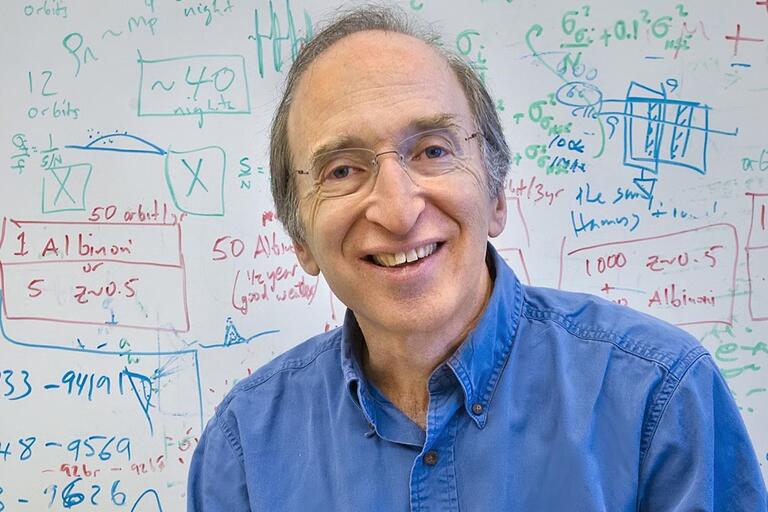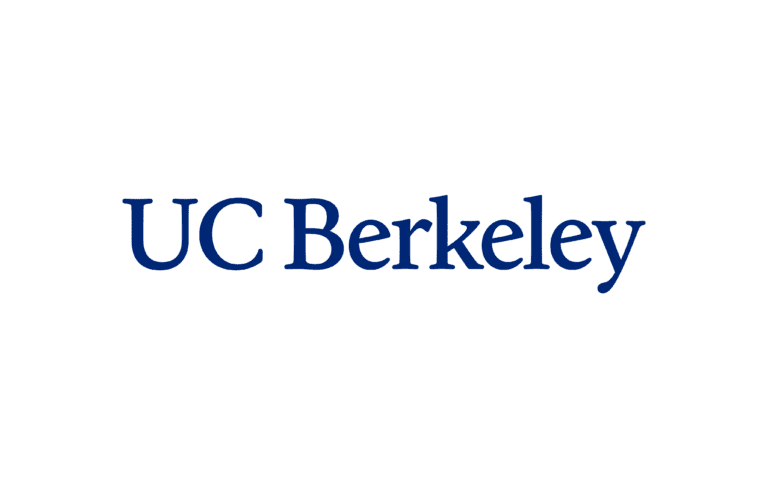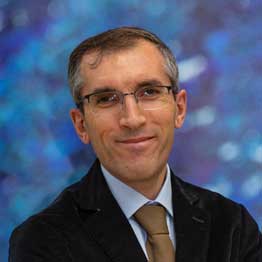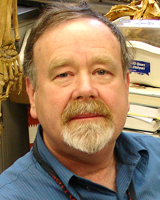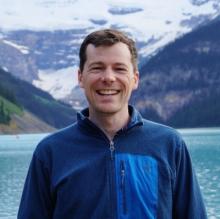Why does the universe exist? What existed before the Big Bang? Why does the universe follow precisely physical laws? Why did it give rise to life's anomaly? Is evolution random, or does it have a directionality? What is the role of place consciousness in the larger cosmos? Does life have an inherent meaning?
The timeless questions were once the exclusive domain of philosophy. However, in recent decades, major scientific breakthroughs in cosmology, quantum physics, biology, and neuroscience have shed new light on them, and many scientists have reinterpreted them. Do these discoveries advance our understanding of human existence and its place in the cosmos? And how do they align—or conflict—with traditional spiritual and philosophical narratives?
Join us for a one-day conference at UC Berkeley to discuss these questions. Through thought-provoking interviews, talks, and discussions, leading scientists and philosophers will come together to examine the ultimate implications of the most consequential discoveries in fields such as the origin of the universe, the nature of matter, the emergence and evolution of life, and the enigma of consciousness.
The event will also feature a special preview of the upcoming documentary God and Science, which includes exclusive interviews with some of the conference's speakers. Whether you are passionate about science, philosophy, or simply curious about the challenges posed by these big questions, this unique event offers a rare opportunity to engage with some of the great minds of our time around the big questions.
